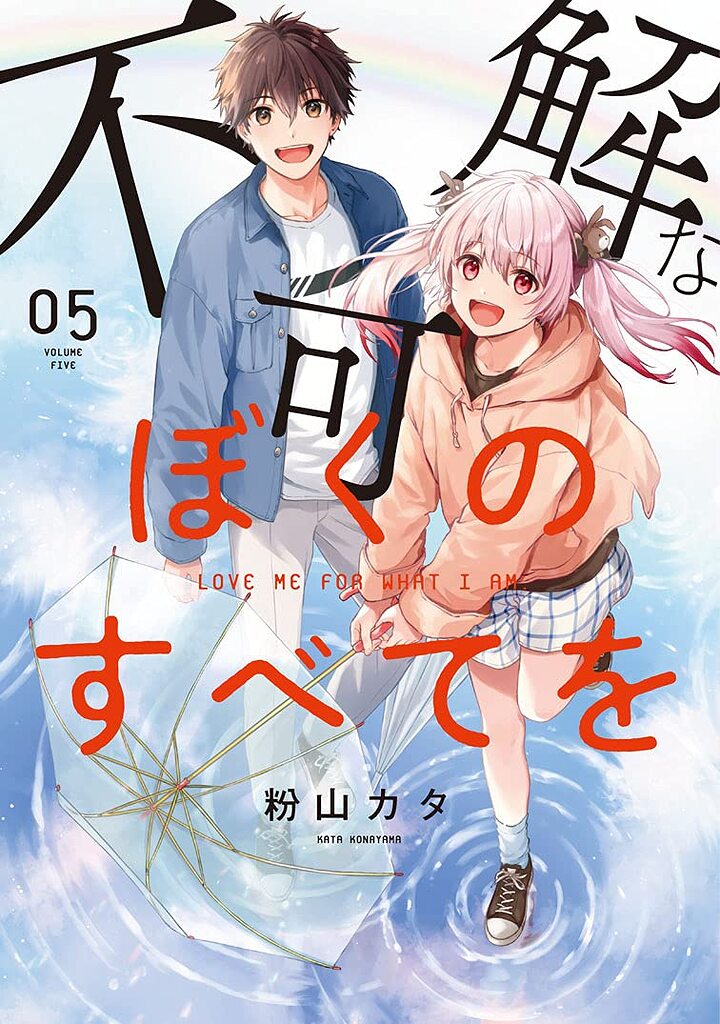I think more often than not, you can tell whether or not a piece of trans representation in media was written by a cis person. Especially when regarding representation of AMAB trans people. Even when trying to be "progressive", cis people often end up writing very fake, immensely caricature-like depictions of trans people that are usually just really mean in nature. It's clear that they see you more as "a trans" and less of a person. I feel like that inability to write convincing trans stories partly comes from just how absolutely unrelatable being trans actually is. Unlike being gay where it has parallels to being straight, making it easier for straight people to relate, gender dysphoria is kinda hard to grasp unless you are experiencing it yourself. Now i'm not saying that you need to be a part of a minority group in order to be able to write about it in your story, it's just that cis people writing trans characters will inherently be doing so from the lens of an outsider looking in.
Now imagine my surprise when i found out that Love Me for Who I Am was written by a cis person.

Love Me for Who I Am, Fukakai na Boku, or usually just shortened to Fukaboku, is a romance manga following Mogumo Ryuunosuke, who is nonbinary. They started working at a "lady boy" cafe after meeting their classmate Iwaoka Tetsu. At first, Mogumo was apprehensive on wether or not they should join the cafe. The very term "lady boy" itself puts the worker's AGAB at the forefront, which Mogumo was very uncomfortable with. The cafe ultimately did a soft rebrand after Mogumo joined to not only accommodate, but also highlight the diverse gender identity of the other staff working there.
Tetsu and Mogumo basically becomes a couple from that point on, which is very early in the story. The main meat of the plot is Mogumo trying to grapple with their identity, with Tetsu slowly but surely tries to understand them while coming from a mostly cishet person's perspective, All the while interacting with all of the queer staff at the cafe.
Even though it starts out lighthearted, Fukaboku does not shy away with its depiction of AMAB gender dysphoria. There was this scene back when Mogumu was still a pre-teen where they started noticing that their Adam's apple was growing. Being distraught by this, they took out a knife and almost tried to scrape it off of their neck.
And it felt real.
As an AMAB trans person, i knew how it felt wanting to cut off my Adam's apple when it started growing. I knew how it felt, feeling the disconnect when my voice started progressively getting lower. i knew how it felt slowly seeing my body being distorted into something it's not. It took years after the fact for me to be able to process these feelings and acknowledge that said feelings were dysphoria, but in the moment, those feelings were still real. Rarely have i seen a piece of media actually handle how horrific AMAB puberty for a trans person is.
The only gripe i had with this manga was how it handled the ending. The aftermath of Mogumo's breakdown was a massive emotional strain put upon their family. Culminating in Mogumo being forced out of the house to live alone on an allowance. This ultimately caused immense stress on all of them. One of the members most affected by this was Mogumo's sister, Sakura Mogumo. Seeing how her older sibling turned out, Sakura was prohibited from doing any activity deemed to masculine by her conservative father. The final arc of the series finds Sakura reconciling with Ryuunosuke and trying to bring them back to their family. As you'd guess, an argument soon erupted between Mogumo and their father. But out of nowhere, APPARENTLY Mogumo's mother had just so happened to have read a parenting book about queer people, and now perfectly understands what Mogumo is going through. The father was also completely fine after she showed him the book, which is just so… SO… anticlimactic. I know it’s ultimately an ex-machina ending, but now that i think about it, these type of scenario really doesn't pan out well in real life, so i guess it made sense why the manga decided to take this route, even if it was unrealistic.
Aside from that, my small nitpick was that all of the trans characters all lean towards transfeminine. I think it would be cool if we saw a transmasc perspective, but then again, now that i think about it this is still ultimately a maid cafe manga so i guess it makes sense as to why the cast leans more towards the feminine side (i mean like, duh obv. but still). Either way it’s not really a deal breaker in the end.
There’s a scene where Tetsu covers his eyes while Mogumo was changing, in which they ask whether or not he views them as a boy or not. While it is oftentimes difficult for cis people to fully understand transness, that doesn’t mean there’s nobody that can love you for who you are. Not as a boy, not as a girl, not as “a trans”. but as you.
